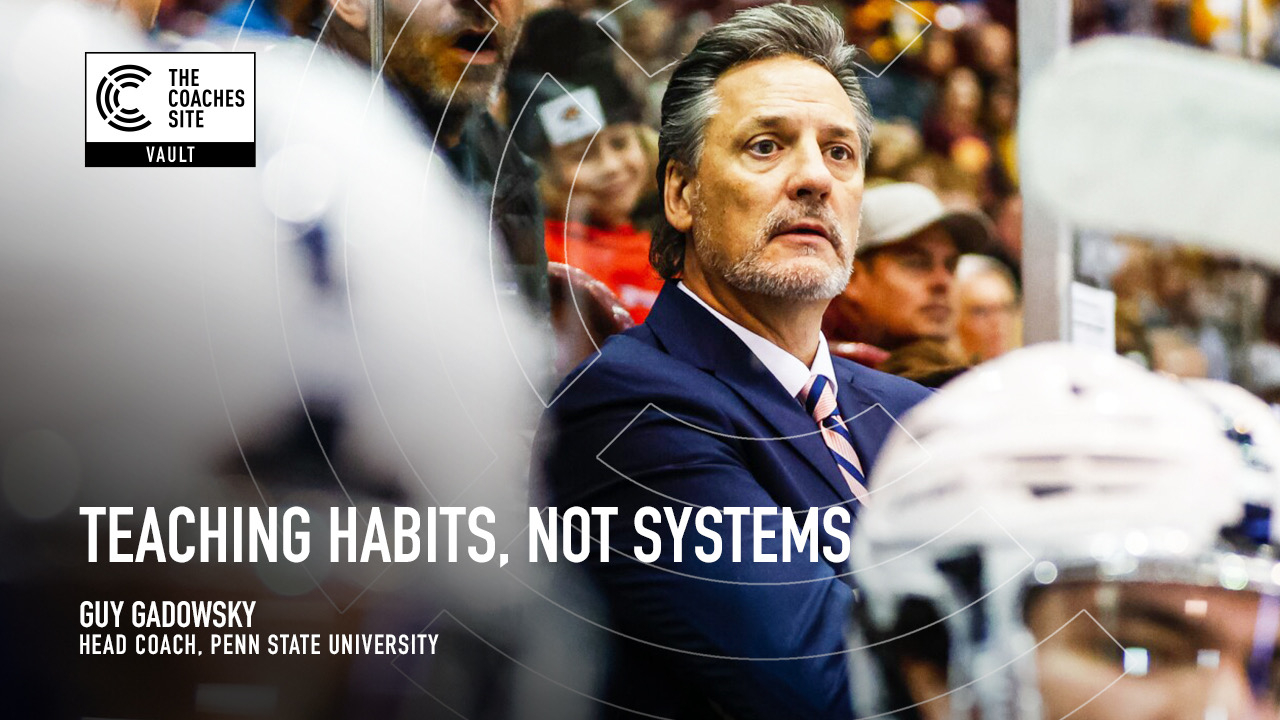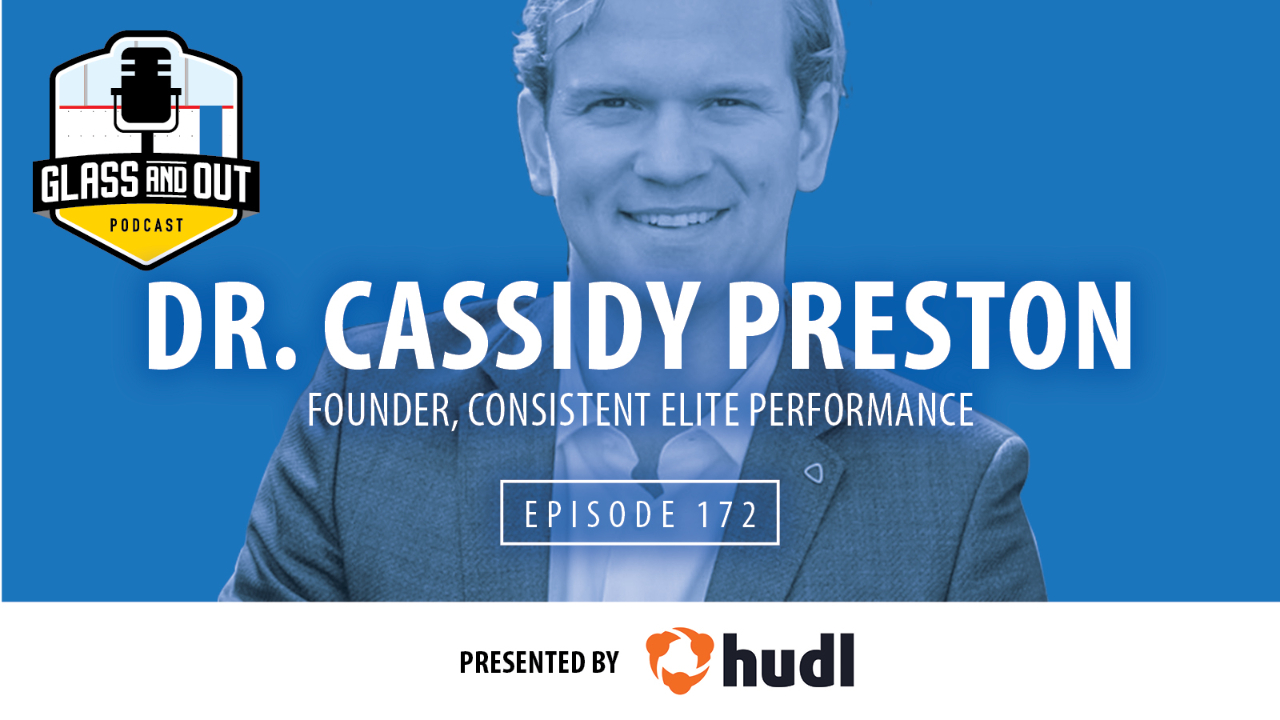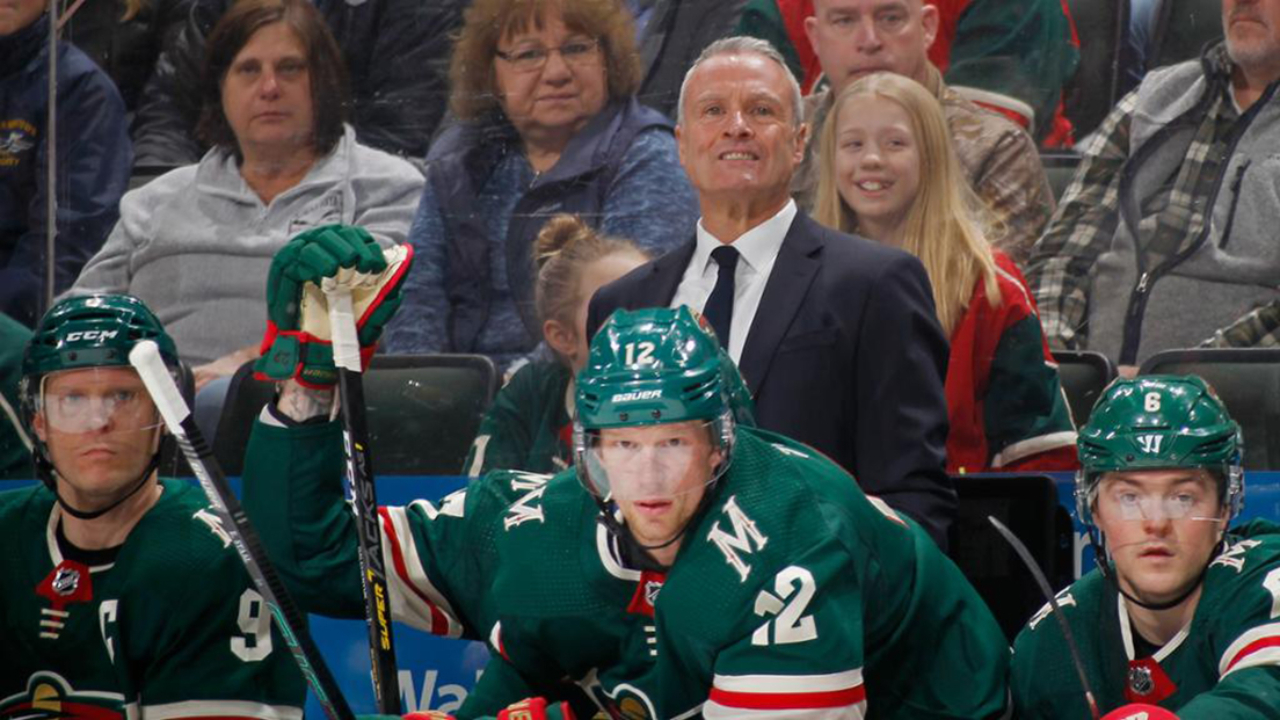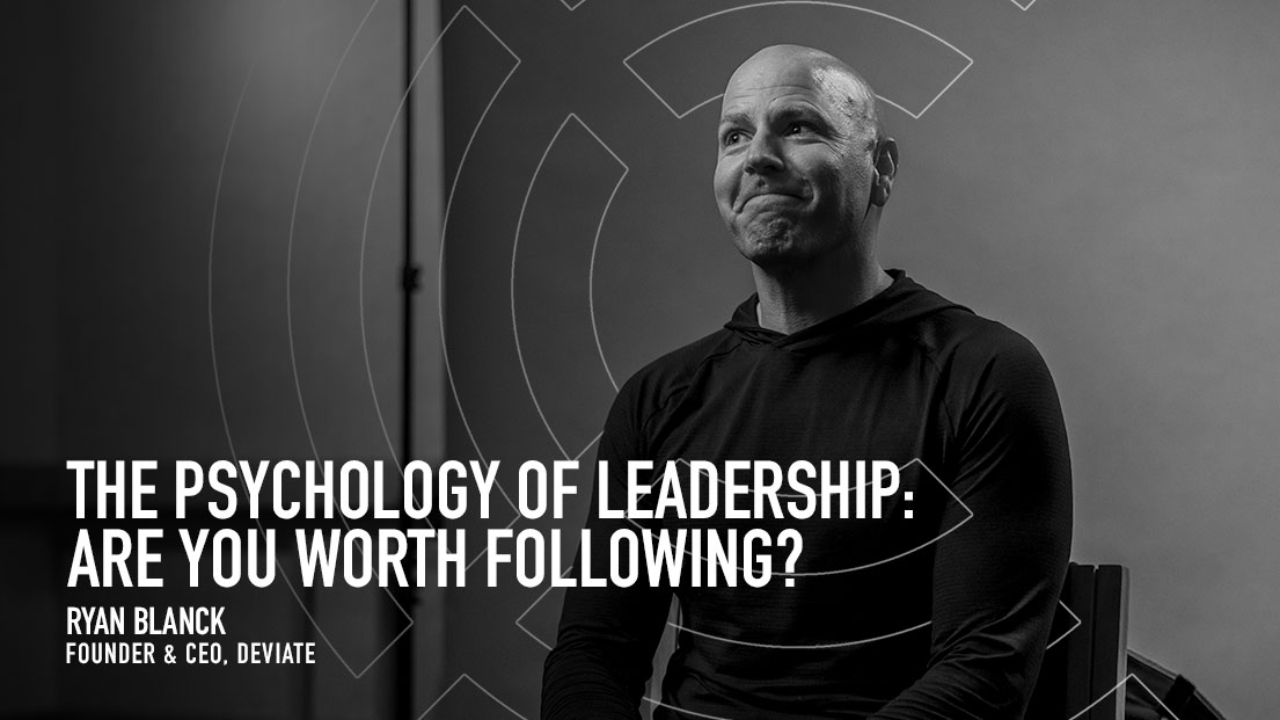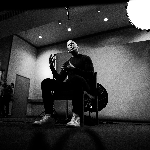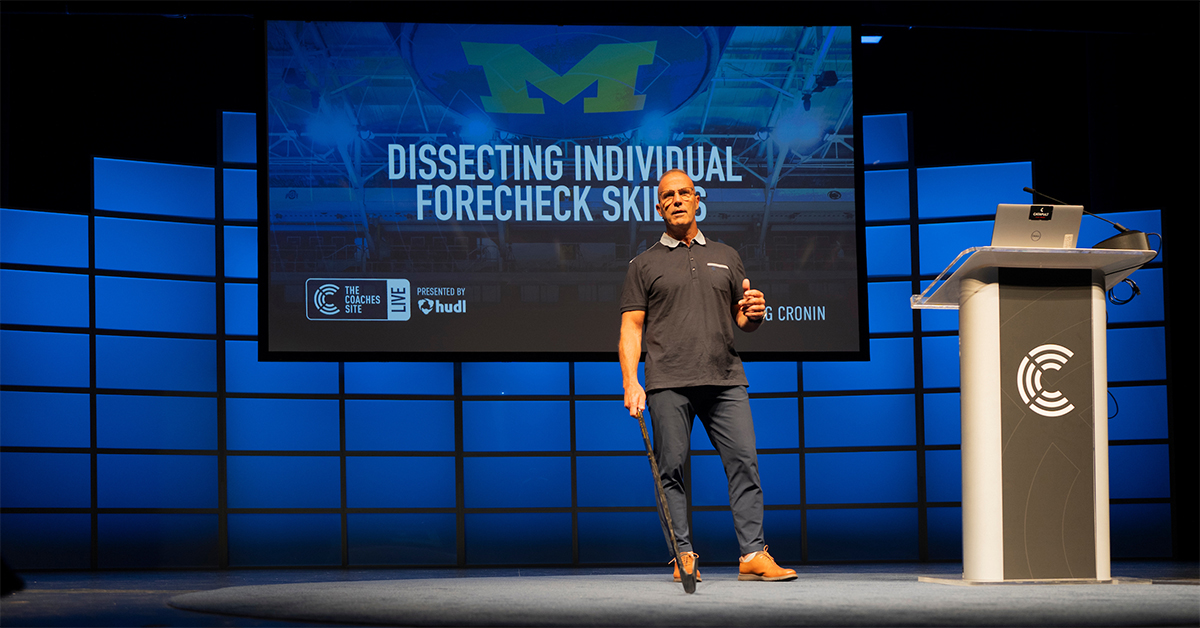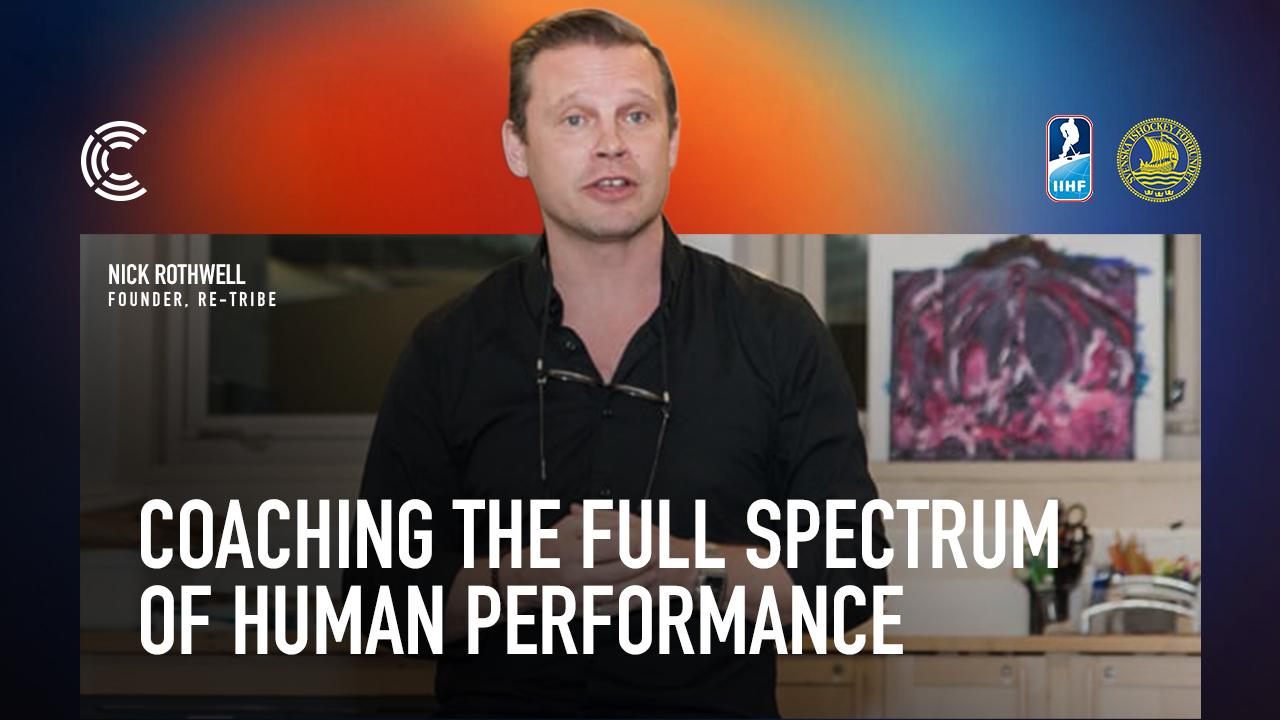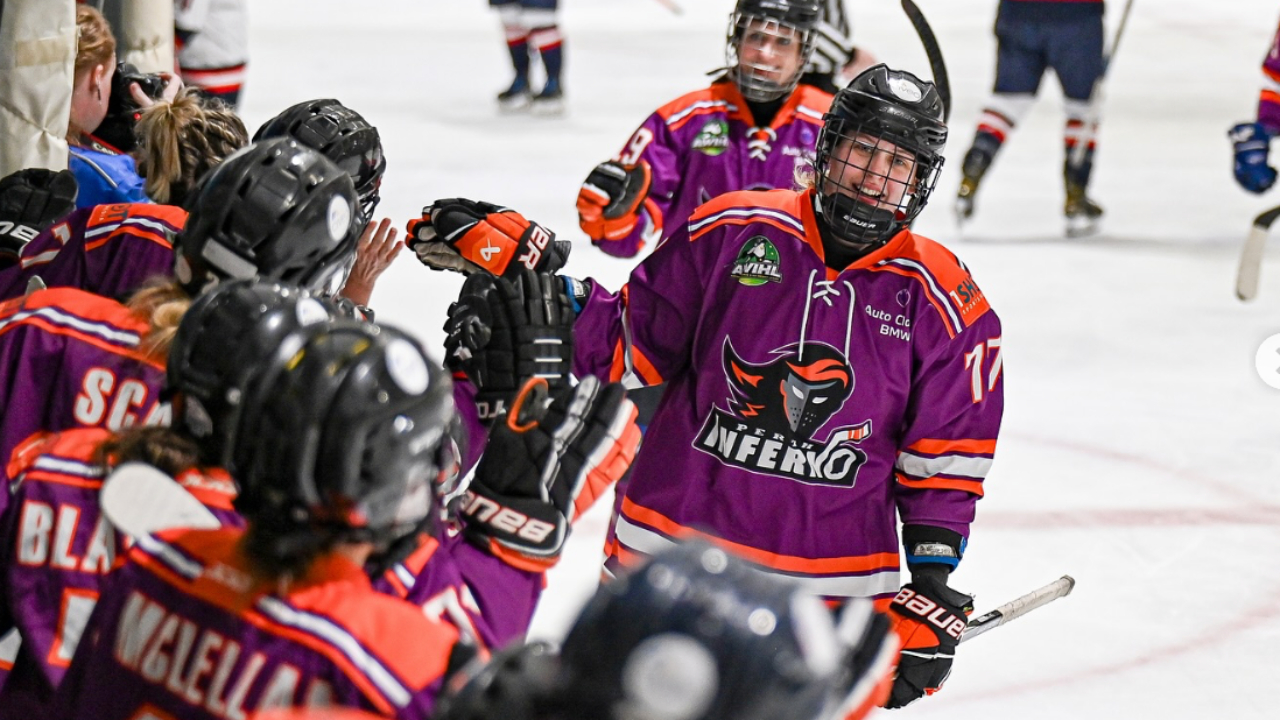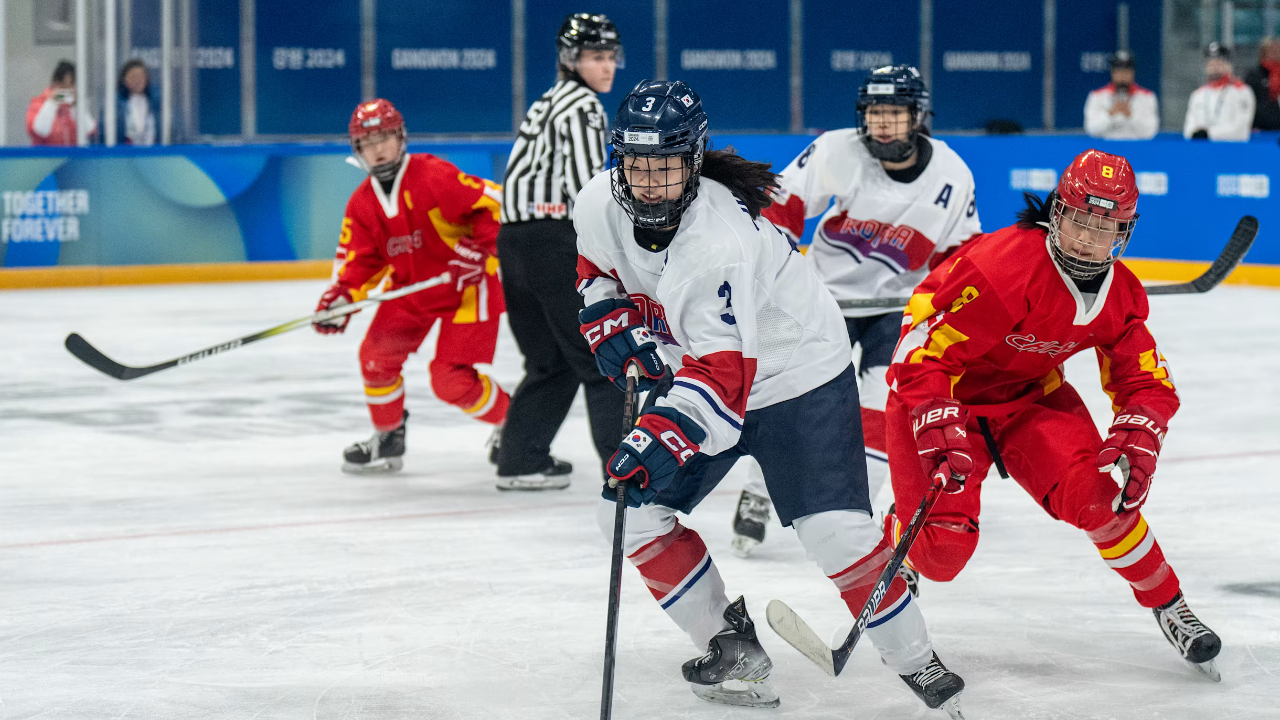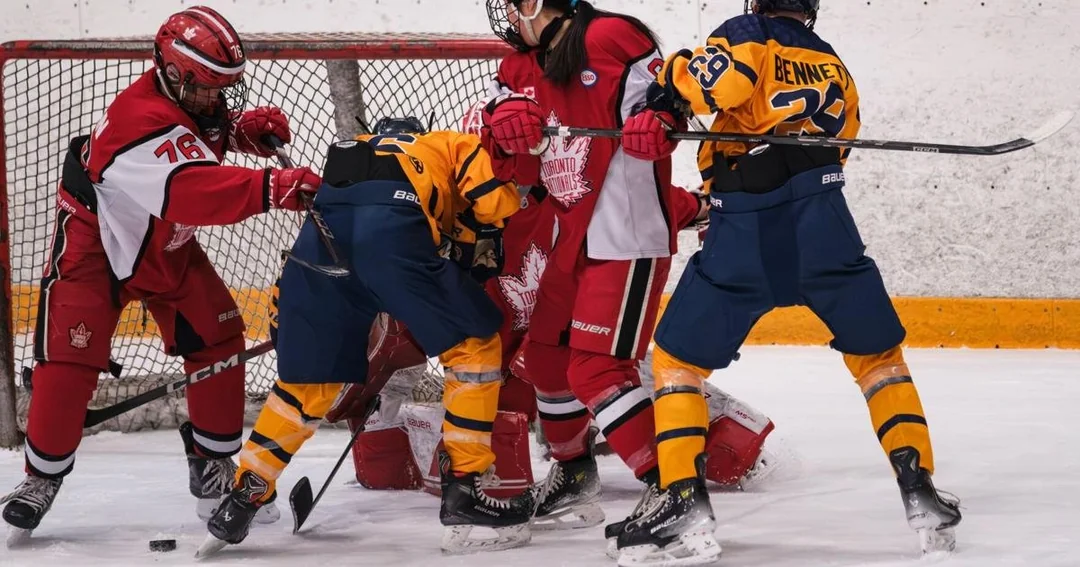Dr. Lorenda Beuker is a performance researcher, coach, and founder of Athlete Mindset Performance (AMP). She’s also a professor at Keiser University, where she studies how performance training and mindset practices impact resilience, team dynamics, and athlete development.
Dr. Beuker brings a strong competitive and coaching pedigree to her work: she’s a former Team Canada goaltender and has coached at the NCAA level (including at Princeton and St. Lawrence University), and she’s worked across high-performance environments (NHL, USHL, NAHL, USA Hockey) to help refine mental skills, emotional intelligence, and leadership in sport.
An uncomfortable question: are you a narcissist?
Dr. Beuker kicked off her presentation at TCS Live 2025 by having the audience fill out a short survey. Then, as survey results rolled up on screen, she guided everyone through realizing how narcissistic traits aren’t binary, but live on a spectrum. The audience was part of the process, not just spectators.
She introduced seven factors of narcissism, grouping them into adaptive, maladaptive, and mixed traits. The adaptive traits (such as authority, self-sufficiency, influence) are ones we often value in leaders and athletes. The maladaptive traits (lack of empathy, exploitation) are warning flags.
Dr. Beuker asked the audience to think about how these traits show up in real responses. For example:
-
Which is the more “narcissistic” reaction?
• “I can usually talk my way out of anything.”
• “I try to accept the consequences of my behaviour.”
The survey results in the audience leaned heavily towards the first response.
-
Which of these is adaptive?
• “I have a natural talent for influencing people.”
• “I am not good at influencing people.”
Most of us labeled the first statement as more adaptive.
She used more examples (on topics like entitlement, satisfaction, leadership) pushing the audience to be honest and notice where their tendencies lie.
What we learned: shift from defensiveness to curiosity
Dr. Beuker repeatedly reminded the audience: there’s no “good vs. evil” here. The issue isn’t whether we are “good” or “bad”, it’s how we deal with our tendencies and how they show up in our leadership.
One of her key pivots: resistance vs. curiosity. Instead of reacting defensively when challenged, we can lean into curiosity. Ask:
- What is the personality makeup of my team?
- How is it similar or different from mine?
- Am I even curious to understand my players’ inner worlds?
Every player is coming from a unique home, a specific set of circumstances. When we lead from curiosity, we can reframe narcissism toward exploration, growth, and expansion instead of entitlement or control.
Coaches’ Challenge
Next time a player pushes back or acts defensively, pause. Choose curiosity over reaction. Invite conversations with your athletes about how they see themselves—how do they experience strength, challenge, identity?
Noteworthy timestamps:
- 0:00 Am I a narcissist?
- 1:35 Adaptive
- 2:30 Maladaptive
- 3:40 Q1
- 5:25 Q2
- 6:45 Q3
- 8:20 Q4
- 9:45 Q5
- 11:05 Are you a narcissist?
- 11:55 Resistence vs curiosity
- 12:45 What is at stake?
- 13:55 Skill development

